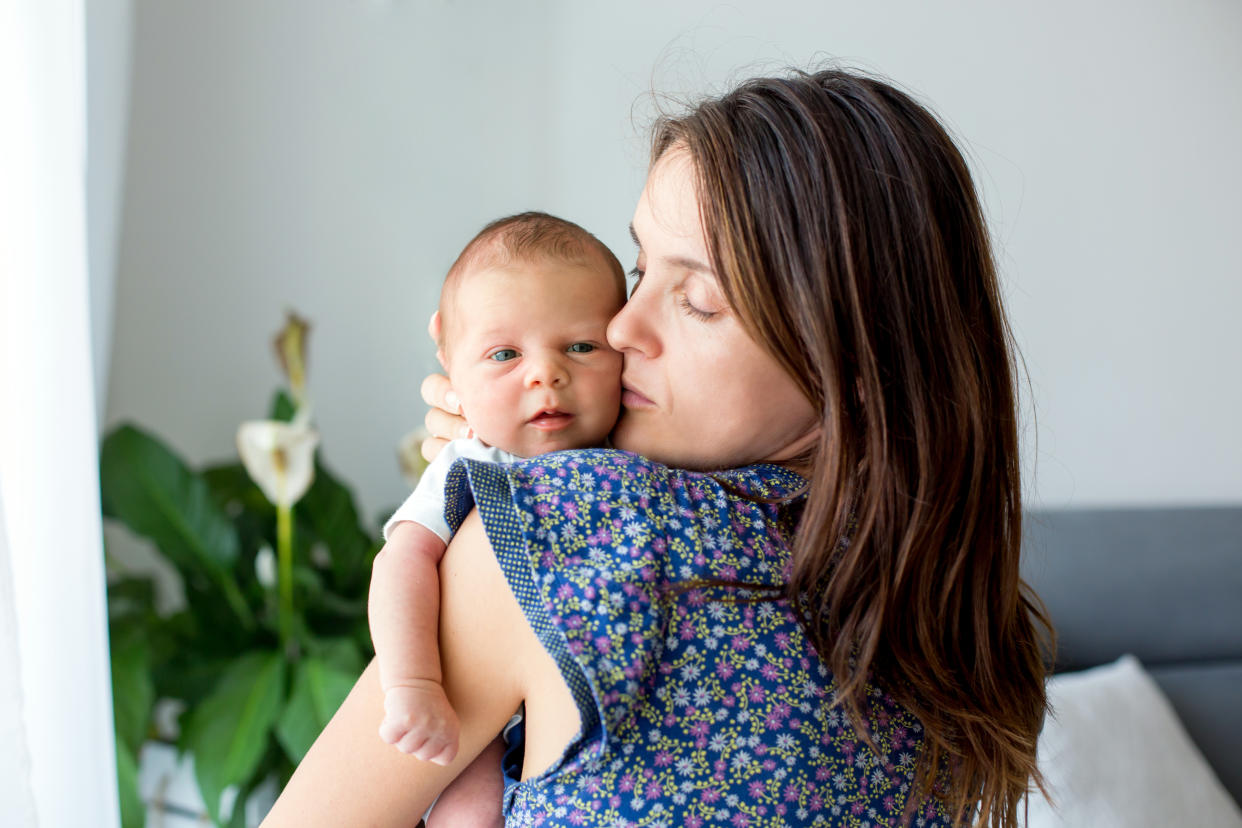How to manage the cost of raising children

Do you have a spare £96,000 kicking about? Maybe it has fallen down behind the sofa cushions, or perhaps your piggy bank has Tardis-like qualities. Of course it’s ridiculous to assume anyone has anything like this sum of money to spare, but if you’re planning to have children, that’s the extra cash you’ll need to find over the next 18 years.
Figures from the HL Savings & Resilience Barometer found that couples with kids spend an average of £5,356 more every year than couples without – which over 18 years comes to an eye-watering £96,416. Unsurprisingly it takes a toll: parents are less likely to have enough cash at the end of the month — a couple with kids has an average of £227 left after paying the bills, while a couple without children has £382, a single person living alone has £34 and a single parent just £25.
Parents are also less likely to have enough emergency savings or life insurance and are more worried about debt.
It means that if you’re planning to have kids, there are some steps worth taking to put yourself in a better position for the financial ordeal that’s to come.
Read more: What next for savings rates?
Try to get into a better financial position now
You’ll need to draw up a tighter budget when the child is born and one or both of you takes time away from work, so why not do it early? You can use the cash you free up to pay down expensive short-term debts and build your savings.
Make decisions about childcare
This is a massive challenge for any parent, and can end up forcing decisions around work that have consequences for the rest of your life. It’s worth becoming an expert on all the options available in your area – and tracking down the most affordable ones. Don’t be afraid to ask for help too: grandparents may be able to take the reins for a few days a week, or friends can share care. It all helps.
Check for government support
Both tax credit and universal credit have childcare allowances. Today’s babies will also benefit from the change that means from April 2024, working parents of two-year-olds get 15 hours of free childcare. If your child is due around the end of 2023, or beyond, they will also get 15 hours of free care from the age of nine months. From September 2025, this will be expanded to 30 hours. In the interim, if you don’t already use childcare vouchers, you can’t sign up for them, but you can still get tax-free childcare to make your money go further.

Protect your family
This means considering life insurance and income protection if something was to happen to you, but also making sure your will is up to date – and establishes guardians if both parents were to pass away.
Read more: How to avoid an inheritance tax bill
Widen your safety net
We should all have a savings safety net of 3-6 months’ worth of essential expenses in an easy access savings account. When you have children, your essential expenses will increase, so you need to build your net bigger.
Set up a Junior ISA for gifts
If family and friends want to buy a present to celebrate your child’s birth – or for any subsequent birthday or Christmas – you can ask them to pay into the JISA, and help build a nest egg for when they turn 18.
Don’t neglect yourself
Children can easily soak up all the cash available, but it’s vital to keep your own needs in mind too. If you put your savings and long-term investments on hold, you’ll have an enormous amount of ground to make up later – particularly when it comes to pensions.
Sarah Coles is a personal finance analyst at Hargreaves Lansdown and co-presents Switch Your Money On podcast.
Watch: How to save money on a low income
Download the Yahoo Finance app, available for Apple and Android.


